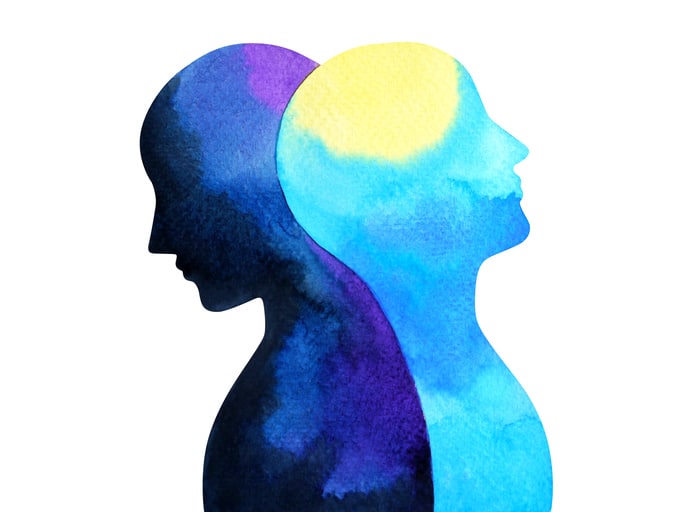Vitamin D deficiency is prevalent among people with psychosis and may play a role in the aetiology of psychotic disorders. However, its impact on clinical symptom severity has not been independently reviewed.
We conducted a systematic search of randomized trials and observational studies that assessed the relationship between vitamin D and symptom domains (positive and negative psychotic symptoms, total and general psychopathology, cognitive and depressive) in people with a psychotic disorder.
1040 articles were identified, of which 29 were eligible for inclusion: 26 observational studies and 3 randomized trials. Five studies included people with First-Episode Psychosis (FEP) and 24 included people with enduring psychosis. Most observational studies found that vitamin D was inversely associated with negative symptoms (57%; 13/23), positively associated with cognitive performance (63%; 5/8), and bore no association with positive symptoms (68%; 15/22), total psychopathology (64%; 7/11), general psychopathology (57%; 4/7) or depressive symptoms (64%; 9/14). Randomized controlled trials indicated that vitamin D supplementation improved cognitive performance (100%; 1/1) and, in some cases, reduced total psychopathology (50%; 1/2), general psychopathology (50%; 1/2) and negative symptoms (30%; 1/3), but had no effect on positive (100%; 3/3) or depressive (100%; 3/3) symptoms. Some positive associations were attenuated when controlled for potential confounders.
Low vitamin D was found to be inversely associated with more severe clinical symptoms in some, but not all symptom domains in people with psychosis. These preliminary findings warrant further exploration, particularly in regard to cognitive performance and negative symptoms.
Copyright © 2021 Elsevier B.V. All rights reserved.
The association between vitamin D and symptom domains in psychotic disorders: A systematic review.


